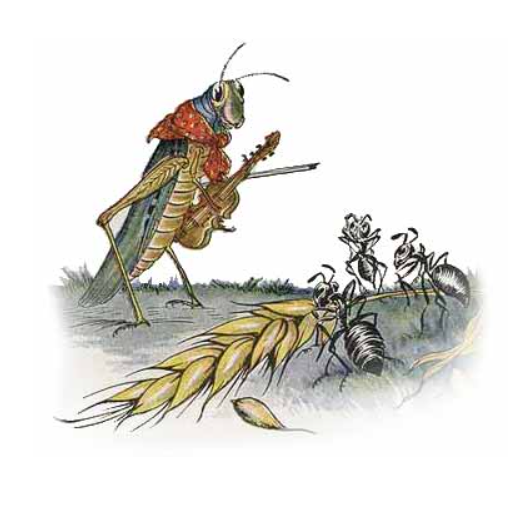Soapbox Time (AKA: Ranting and raving)
- Chelle Hartzer

- Nov 11, 2025
- 2 min read
I have a lot of google alerts for words relating to pest control. I typically skim through, look for any scientific articles and quickly delete. Then this one caught my eye.
Ugh, here we go again, I think to myself. And yes, here we go again.

Now, I get it. Pesticides are scary, especially when you call them “poisons”. Yes, they are intended to knock down the pest. Yes, some are poisonous (ingested). Yes, we want to make sure only the target animal is impacted by the pesticide. They tend to get a bad reputation with people because there is a lot of misinformation about pesticides and people just don’t know the facts.

In this particular case, the homeowner is concerned because they live next to a park. However, the statement of “known to harm birds and other wildlife” is potentially misleading because there really isn’t a lot of research on the subject. We know that many predators, birds of prey, and other animals have shown the presence of rodenticide in their system. There are a lot of scary articles about animals “dying” from rodenticides. However, that’s not exactly true. The majority of tests they run on dead animals are positive/negative. Did the animal have it in their system or not. Not what levels of rodenticide they have and if it was in fact what did them in or if it was the car that hit them.

The article goes on to suggest there are “safer” options. Safe for whom? It’s certainly not safe for people in rodent infested areas that could potentially die of hantavirus, typhus, and leptospirosis. Not to mention the secondary risks of Lyme disease, food-borne pathogens, and the plague. (Yes, the plague still exists in the US!). Snap traps can catch anything that sets them off, including small fingers, paws, and other extremities. We have no evidence that the rodent birth control doesn’t pollute the environment. Snap traps can certainly harm predators.

Furthermore, the article implies that HOA’s are “blocking eco-friendly” options. I would question whether they are actually blocking alternative pest control options or if the situation requires it. Maybe the residents don’t want to pay for the more expensive options. It doesn't say how long the rodenticide will be used for. Native gardens, which the article specifically calls out as a good thing, are perfect habitat for disease carrying rodents and pest insects.

Not knowing the particulars of this situation, I can’t say whether other options exist while still keeping the public safe from rodents. I can certainly see a gap in communication with the HOA, residents, and the pest control company. Before posting to social media, did this person think to talk with the HOA and/or the pest control company? Who knows.
Click-bait, scary articles like this are why some people have a bad reaction to pesticides. Education is key to remind people that professionals apply pesticides in the safest manner possible, and always according to the label. Rodents pose a very real threat to human health, as well as structural issues and food contamination. The article certainly doesn’t mention that side of the equation.
If you need help with your rodent control program, contact us, we do that!





Comments